Change Stories: Learning from narratives of equitable and sustainable urban transformation
The project aims to create ‘change stories’ to inspire urban transformation in US cities and globally.
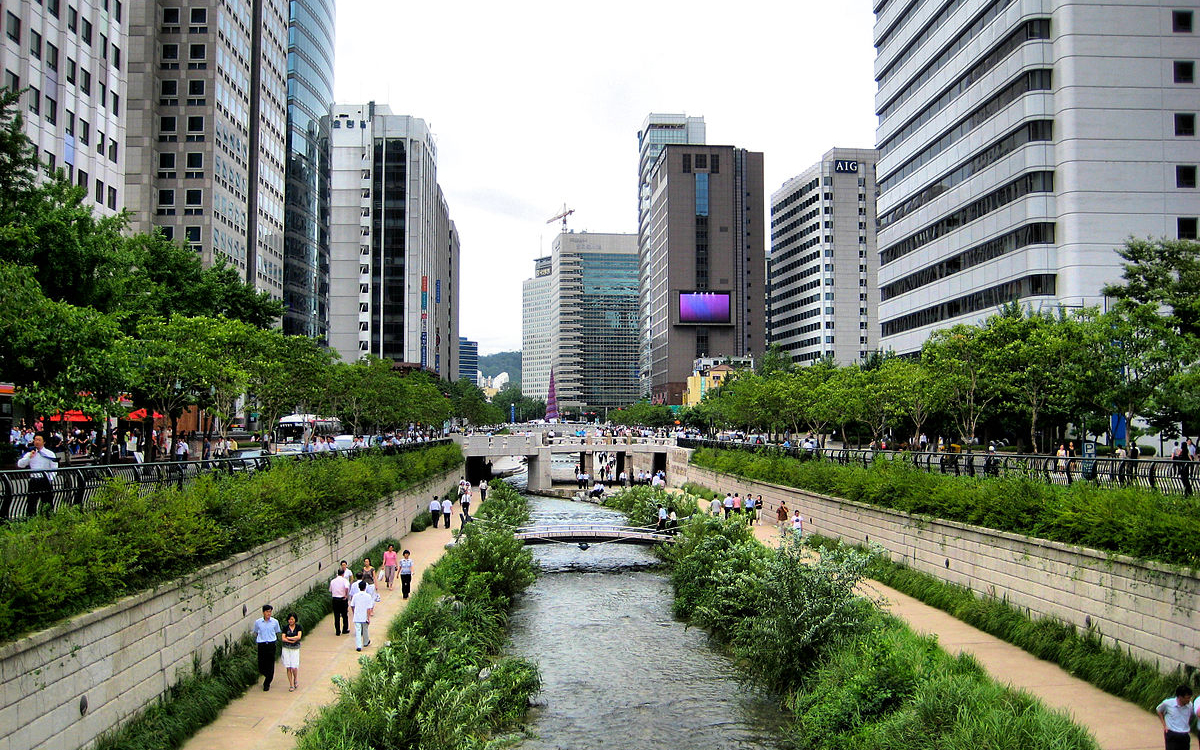
10 August 2022
Overview
The Change Stories project is funded by the Robert Wood Johnson Foundation to investigate the cultures, narratives and innovations that have supported sustainable and equitable urban development in five non-U.S. cities. By sharing these stories with U.S. audiences, the project will inspire city leaders and the public to make the transformational changes needed for equity and sustainability.
That human health depends on functioning environmental systems and equitable access to social and economic resources in cities is clearly recognized in the United Nations’ 2030 Agenda for Sustainable Development. Yet, global monitoring projects reveal stubborn progress on sustainable and equitable urban development (SEUD) goals, such as reducing inequalities and carbon emissions, leading to increased calls for urban transformation.
Major sustainable urban development projects are known to support health, but there are concerns about their equitable distribution within cities and whether affected residents are adequately involved. This research proposal responds to the Robert Wood Johnson Foundation’s (RWJF) request for research on ‘cutting- edge’ sustainable development outside of the United States, where equity is a driving force.
The project aims to create ‘change stories’ to inspire urban transformation in US cities and globally by learning from the cultures, narratives and innovations that have supported SEUD in specific places.
Approach
Conducting in-depth research on SEUD in global cities requires significant efforts to conceptualize the research methodology and select suitable sites, with attention to embedding equity into the overall project approach and management. The proposed project builds on Pineo et al.’s new model for transdisciplinary research on the health of the public (see figure below) which emphasizes the important role of project development and conceptualization stages.
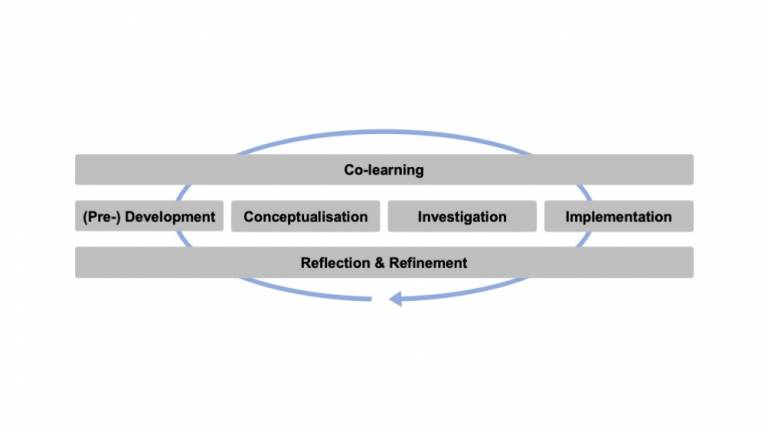
Figure 1 A new transdisciplinary research model to investigate and improve the health of the public, Pineo et al., 2021, https://doi.org/10.1093/heapro/daaa125
Our approach is markedly different to traditional research models where the research partners and questions are determined prior to funding being awarded. Transdisciplinary research involves working with diverse disciplines and non-academic partners to co-produce appropriate questions and methodologies, recognizing and addressing power imbalances and the tendency to under-value certain types of knowledge (such as experiential and indigenous).
Stage 1 (May to December 2022) of this project focuses on conceptualizing the overall research approach and identifying case study cities, including the following objectives:
- Scope U.S. cities’ strengths and areas for learning in SEUD, focusing on mid-sized cities, via 20-30 key informant interviews.
- Co-produce a conceptual approach and project structure for working across diverse geographies with our advisory group.
- Collaboratively select sites for in-depth research (Stage 2) with stakeholders and form research partnerships.
Stage 2 (anticipated December 2022 to June 2025) of the project involves in-depth ethnographic research in five global cities and the creation of non-academic outputs to share SEUD change stories.
People
The Change Stories project is led by Dr Helen Pineo. The project team includes Dr Gemma Moore, Dr Aarathi Prasad, Dr Vafa Dianati and Ms Rebecca Morley, who have a combined expertise in urban planning, public health, inclusive design, architecture, knowledge mobilization and public and community engagement.
- Helen Pineo
- Helen Pineo is an urban planner and Associate Professor in Healthy and Sustainable Cities in the Bartlett Faculty of the Built Environment at UCL. Her research focuses on how property development, regeneration and urban policy can support health and sustainability. Helen’s new book, Healthy Urbanism: Designing and Planning Equitable, Sustainable and Inclusive Places, urges professionals to consider how their work impacts population health and wellbeing at multiple spatial and temporal scales, through the interconnected concepts of equity, inclusion and sustainability. Prior to joining UCL in 2018, she worked as an urban planner for over a decade on new developments and planning policy in the UK and internationally. She has worked at the Building Research Establishment, Local Government Association and in national and local government in the areas of sustainable urbanisation, health, climate change and low carbon energy.
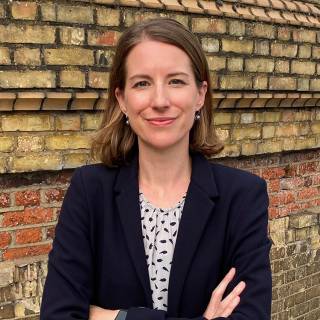
- Gemma Moore
- Gemma Moore: ‘I am an environmental geographer; my background in geography means I am used, and trained to, work across different concepts, disciplines and methods. I am currently working as a researcher with the Bartlett Institute for Environmental Design and Engineering; I take an engaged and applied approach to my work, working on projects that fall on the intersection between research and practice. I work with academics, policy makers, specific professional communities, and residential communities. All the projects I am involved in have broad goals around creating healthy, sustainable urban environments – but most of my work focuses on the relationships between people, their local environment and decision-making processes. I value working with and learning from others, particularly those with different perspectives, experiences and knowledges to myself. Collaboration is important to my working practice as I believe through diverse teams and experiences brings about innovation – and ultimately positive social change.’
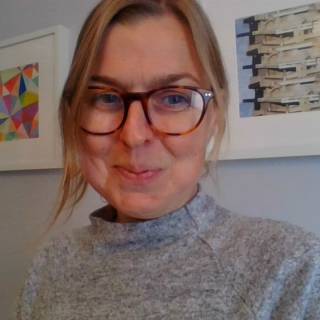
- Aarathi Prasad
- Aarathi Prasad is a Senior Research Fellow at the Institute for Global Health, UCL, focussed on urban health and public engagement with environmental and health science. She has managed the public participation programme of the Wellcome-funded CUSSH project, working closely with international researchers and with artists, journalists and residents in informal settlements in Kenya. Aarathi is an award-winning author and has written and presented documentaries for BBC2, BBC Radio 4, Channel 4, the Discovery Channel and National Geographic Channel. She lectures on the Global Health Master's programme at UCL and teaches narrative non-fiction for the Arvon Foundation.
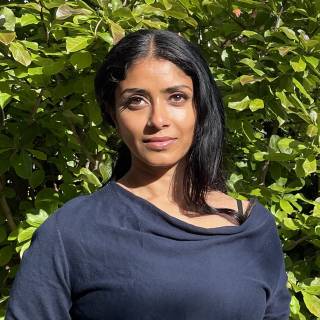
- Vafa Dianati
- Vafa Dianati is an architect by training, with a doctorate in urban studies from Bartlett School of Planning, UCL. His doctoral research was a critical approach to urban densification as a sustainable solution, focusing on local experiences, perceptions and multiple subjectivities. Currently, Vafa is a graduate teaching assistant at the Development Planning Unit (DPU) and a research assistant at BSEER. He has previously been involved in research on health and wellbeing in urban developments, densification and housing policies in London and Stockholm, and faith-based organizations in the Middle East. He has also been a tutor at the Bartlett School of Planning, Centre for Advanced Spatial Analysis, Bartlett School of Environment, Energy and Resources, Arts and Sciences (BASc), and School of Slavonic and East European Studies at UCL. His other research interests involve social sustainability, political ecology of urban transformation, theories of spatial injustice, and Marxist geography.
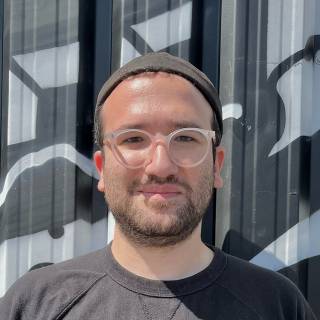
- Rebecca Morley
- Rebecca Morley leads a strategic consulting practice, which helps non-profit organizations advance health equity through policy and systems changes and place-based programming and investments. Current projects include supporting the Robert Wood Johnson Foundation (RWJF) Healthy Communities and Global Ideas for US Solutions teams on topics such as public infrastructure, parks and urban greening, safe drinking water, gender equity, sustainable equitable urban development, and food justice. She also supported The Kresge Foundation’s housing and health strategy. Other clients have included the Local Initiatives Support Corporation, New Markets Support Company, Consumer Reports, and Enterprise Community Partners. Before starting her consulting practice, Rebecca directed the Health Impact Project, a collaboration of the Robert Wood Johnson Foundation and the Pew Charitable Trusts, which promoted the use of health impact assessments as a tool for incorporating health and equity in decisions in sectors such as housing, transportation, and planning. She directed the National Center for Healthy Housing (NCHH) between 2002 and 2014 and also worked for the U.S. Department of Housing and Urban Development and in the United States Senate. She holds a master’s degree in public policy from the Georgia Institute of Technology. Ms. Morley resides in London with her 11-year old son and husband.
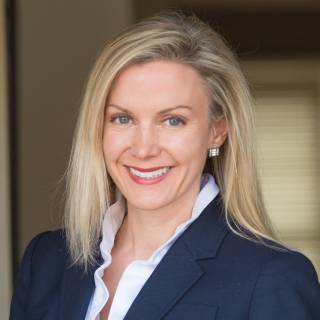
 Close
Close

